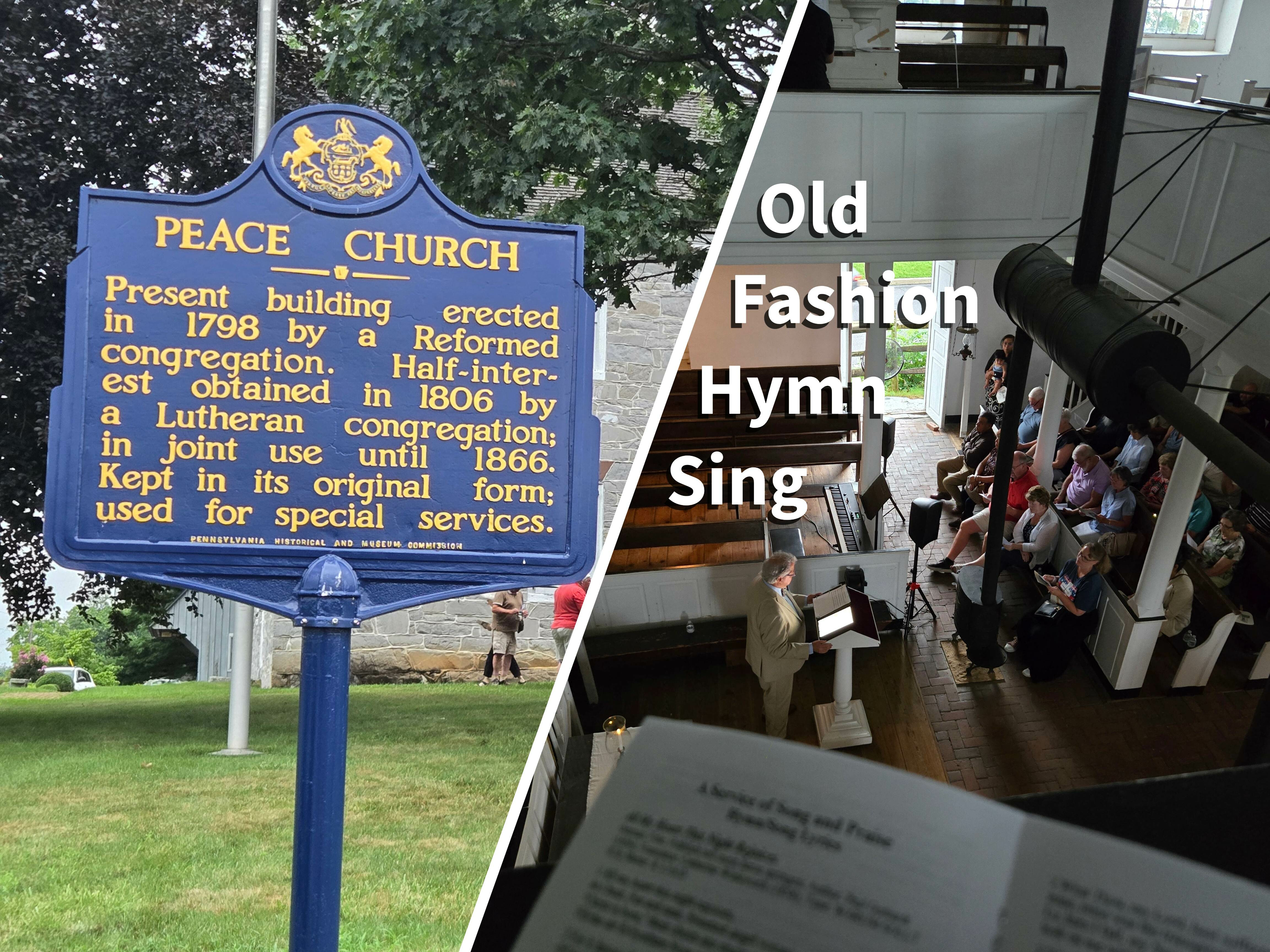
A new study by Pew Research Center suggests that the American population is still remarkably spiritual despite a declining interest in Christianity specifically. Spirituality Among Americans is a new study released in early December of 2023 that surveyed a little over 11,000 randomly selected Americans to understand their beliefs about “spirituality” and whether or not they identified themselves as spiritual people. While it’s still clear that the American Christian church is shrinking, the result of this is not a less spiritual society, but a spiritually different society. The study says that “83% of U.S. adults believe people have a soul or a spirit in addition to their physical body”. Pew’s determination from their survey is that about “70% of U.S. adults can be considered ‘spiritual’ in some way.”
The difficulty with a survey about spirituality is that the term means wildly different things to Pew, to the respondents, and to the reader. Indeed, the survey itself seems to acknowledge this. Pew asks about a variety of potentially spiritual expressions in order to help respondents unpack their own understanding of spirituality. For instance, Pew asks respondents what they thought was essential about spirituality, and gave a number of options, including: being connected to God, being connected to nature, being opened minded, and continuing family traditions.
I’ve both taught and assisted in teaching college level religion courses in the past, and I can personally vouch for the difficulty of defining a word as ethereal as “spirituality”. In one class I asked students what they believed the difference between religion and spirituality was. The students gave a variety of answers but there was a general trend. It was a commonly held understanding that religion conforms to more rigid standards and is typically easier to define, while spirituality is looser and tends to be conceptually broader. This means that people who define themselves as religious also typically define themselves as spiritual, but spiritual people are less likely to consider themselves religious. In fact, the survey recorded that 22% of respondents felt that they were spiritual but not religious. The easiest way to understand what spirituality means in this context is the question that brought in the most affirmative responses. The study claims that “’being connected with something bigger than myself’ is essential to what being spiritual means to them.”
This definition fits perfectly with my own experiences talking to spiritual people. A word often used here is “transcendence”. The feeling that something transcends our material perceptions is common among people I have spoken to, even those who are non-Christian. It’s genuinely difficult to find staunch atheists unless I search for them on the internet, because most people are humble enough to admit that they can’t rule out the existence of “something”.
From a Christian perspective, it would be wrong to say that this is a good thing. Yet it is different than perhaps we had imagined, and that difference ought to be reflected in our evangelistic outreach strategies. Provided these statistics are representative of America broadly, then we ought to acquaint ourselves with the data. Many of our churches have an interest in apologetics, defending the faith, or simply having Biblical responses to cultural issues. Much of our evangelistic and apologetic energy at the moment is geared towards atheists, agnostics, or the oft mentioned “religious nones”. Yet, this data suggests that the vast majority of non-Christians will already be spiritual in some capacity, and their rejection of Christianity will probably not be upon atheistic grounds, but upon philosophical differences about their understanding of spirituality, or, and I’m speculating here, about the way people run the church.
The data suggests that many of these people who identify as spiritual do so as a way to clearly delineate between their spiritual beliefs, and “religious” beliefs. It’s difficult to interpret this any other way than a rejection of organized religion in favor of a more personalized spirituality or perhaps a more authentic spirituality that isn’t obstructed by tradition or man-made systems.
A couple of opportunities present themselves in this data. First, such insight ought to make us reflect on the way our churches are run, both at the denomination level, and at the local level. Are our churches authentic expressions of God’s will? Note, I’m not asking if our churches are perfect, but do we, as clergy, help facilitate people’s relationship with God, or do we sometimes get in the way? The very last thing we want to be is, as Jesus calls the pharisees, a stumbling block to faith.
In His famous repudiation of the teachers of the law, Jesus says in Matthew 23:13, “Woe to you, teachers of the law and Pharisees, you hypocrites! You shut the door of the kingdom of heaven in people’s faces. You yourselves do not enter, nor will you let those enter who are trying to." (NIV)
It's a reminder of precisely what not to do, and how ostensibly fervent devotion to God can easily be wielded like a cudgel to bash people over the head with.
Second, the silver lining here (if you want to call it that) is that the Christian worldview probably has a lot more in common with the average American non-believer than we have led ourselves to believe recently. Despite America’s divisiveness and political extremism, most people still recognize the world still has profound mystery. The vast majority of people believe they are only a small part of something greater, and that they owe it to themselves, and everyone else, to be a part of that greater something. They want to have a deeper connection to other people, and they want their lives to be more meaningful than clocking in and out of their job.
I suspect that this year we will all have conversations with people who don’t believe exactly the same things we do. With these people, finding commonality is going to be the best way to win their trust and to gain entrance into their lives so we can continue speaking with them about spiritual things that matter.
You can read the study for yourself here.
CGGC eNews—Vol. 18, No. 1





Login To Leave Comment